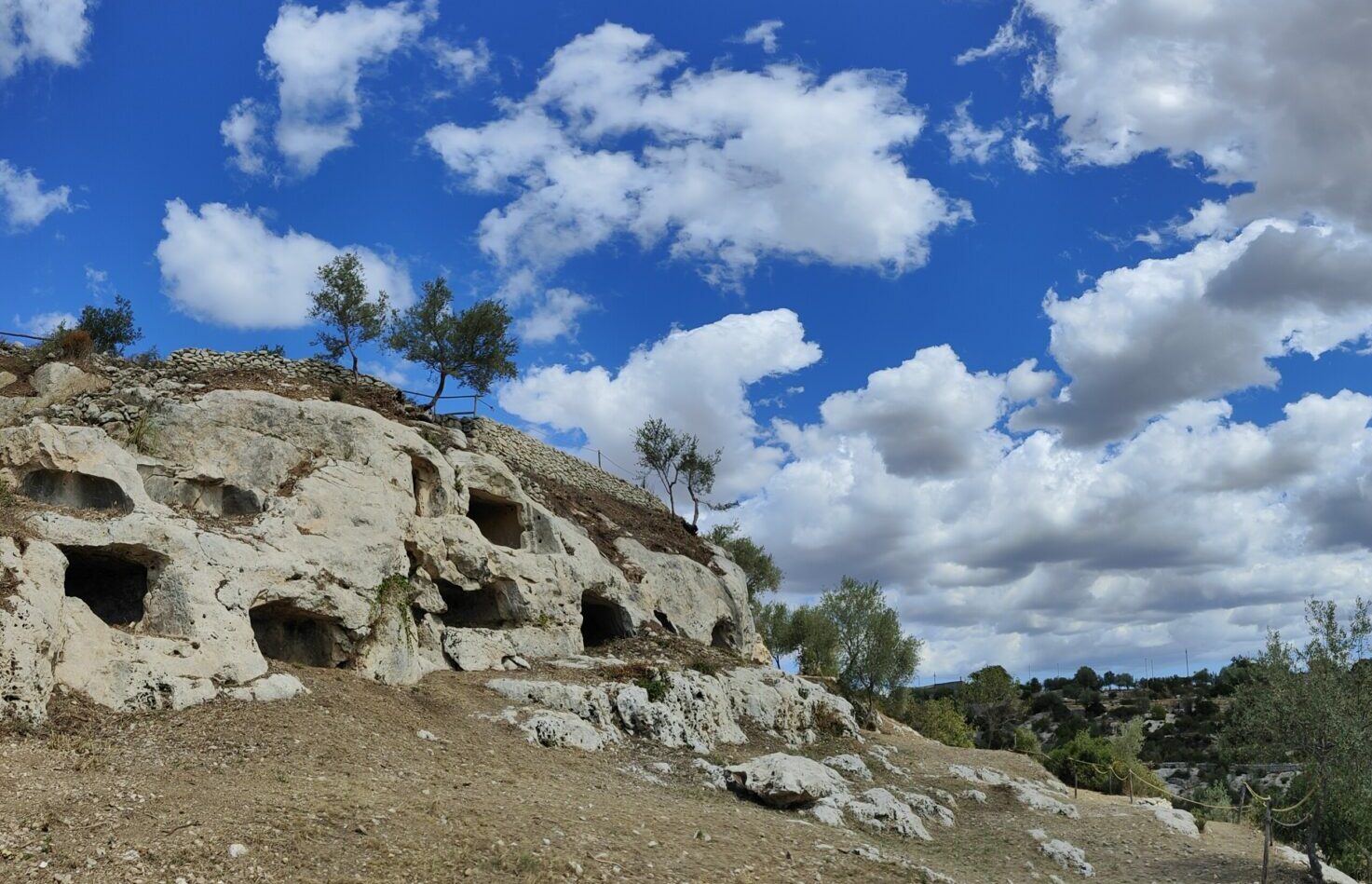A Plaque and a Memorial Tablet for the Massacre of 1474
On October 7, 2023, the cities of Noto and Modica experienced moments of intense emotion with the unveiling ceremony of a plaque and a memorial tablet dedicated to the massacre of 1474, a tragedy that occurred 550 years ago. The event, organized in collaboration with the Union of Italian Jewish Communities (UCEI), aimed to remember a little-known but highly significant historical episode, which marked the beginning of a long period of persecution culminating in the expulsion of Jews from Sicily in 1492.
The Massacre of 1474: A Forgotten Massacre
In 1474, the Jewish community of these Sicilian cities was the victim of a violent massacre, fueled by anti-Semitic prejudices and social tensions. The roots of this hatred, as highlighted by Noemi Di Segni, president of the UCEI, can be traced back to the deep religious intolerance that pervaded Europe at the time. This horror, not isolated, was just one of the episodes that foreshadowed the expulsion edicts of 1492, when Jews were forcibly removed from Sicily and other regions under Spanish rule.
The commemoration ceremony in Noto and Modica aimed to recover the memory of this tragic event, rekindling historical and cultural awareness of the persecutions suffered by the Jewish community in the South. Noemi Di Segni emphasized that remembering the massacre of 1474 is not just an act of memory, but an opportunity to affirm historical truth and reflect on the origins of anti-Semitic hatred. “By reliving that tragic event,” she stated, “we can understand the extent of horror and violence that then, as now, continue to generate destruction.”
Collaboration between Local Institutions and UCEI
The commemoration event would not have been possible without the commitment of local authorities. Corrado Figura, mayor of Noto, and Maria Monestieri Caschetto, mayor of Modica, worked together with the UCEI to make this moment of public and collective reflection possible. Di Segni expressed the gratitude of the Italian Jewish community for the support of the two mayors, emphasizing that “it is by no means a given that an invitation to undertake a memory journey is met with such dedication and sensitivity.”
The goal of this initiative was not only to remember the victims of the past but also to recover part of the socio-economic and cultural fabric that the Jewish community had helped to build in southern Italy. “The Jewish presence,” added Di Segni, “then as now represents a challenge for coexistence and intercultural dialogue.” The contribution of Jews to the economic and cultural development of Sicily was fundamental, and despite the persecutions, their traces are still visible in many cities on the island.
Memory as Responsibility and Current Commitment
The central message of Noemi Di Segni’s speech was that memory should not remain confined to the past but should translate into responsibility and current commitment. In a world where anti-Semitism and other forms of hatred continue to proliferate, it is essential to keep the memory of these events alive to prevent them from repeating. Di Segni warned against the dangers of legitimizing hatred and violence, drawing a parallel between the religious and political abuses of power in the past and the challenges that the contemporary world continues to face. She also highlighted how, today, the manipulation of religion and state power, once perpetrated by the Church, is now repeated by some leaderships, referring to the situation in Palestine and other contemporary theocracies.
“It is necessary to become aware of the abuses,” concluded Di Segni, “before they drag politics and academia with them, unable to fully comprehend the dangerous drift we are involved in.”
Towards a Future of Knowledge and Dialogue
The event in Noto and Modica was a moment of great reflection but also a starting point for new initiatives aimed at promoting intercultural knowledge and dialogue. The hope is that, through the recovery of historical memory and collaboration between local institutions and communities, a more aware and inclusive society can be built. The plaque and the memorial tablet are not just a remembrance of the past but a warning for the future: a reminder not to forget the roots of hatred and to actively promote peace and coexistence among different cultures.
Sicily, with its complex history and multicultural roots, can be an example of how historical memory can become a driving force for coexistence and cultural awakening, not only for the local community but for all of Italy and beyond.
See article:
https://moked.it/blog/2024/09/23/sicilia-noto-e-modica-le-targhe-in-ricordo-delleccidio/
Press Review September 22 – Noto and Modica
https://www.ragusaoggi.it/eccidio-degli-ebrei-a-modica-e-noto-nel-1474-due-eventi-in-ricordo/
https://www.radiortm.it/2024/09/25/ucei-a-noto-e-modica-lapide-e-targa-per-eccidio-di-550-anni-fa/
https://www.videomediterraneo.it/notizie/attualita/celebrazioni-a-noto-e-modica/
https://www.vrsicilia.it/ebrei-ricordati-gli-eccidi-del-1474-in-val-di-noto/
https://www.canale74.it/2024/08/06/modica-hanno-ucciso-ebrei-senza-conta-tra-storia-e-attualita/

